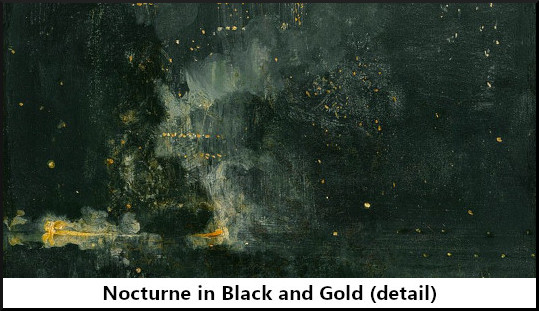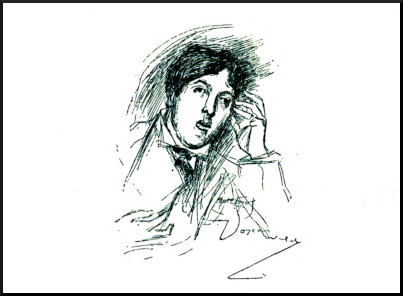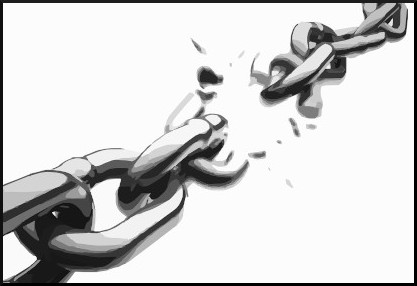Dorothy Parker? Mae West? Alexander Woollcott? A. E. Mortimer? Mark Barron? Meyer Levin? Billy Boner? Anonymous?
Question for Quote Investigator: The U.S. poet and wit Dorothy Parker has received credit for scandalous wordplay based on the following phrases:
Sliding down a banister
Sliding down a barrister
Would you please explore this topic?
Reply from Quote Investigator: The earliest match located by QI appeared within a January 1933 column published in the “Daily News” of New York City which paid teachers for comical items inadvertently penned by students:1
The News will pay $2 for every Classroom Boner published.
A Boner is a humorous expression found in examination papers, etc., by school teachers. Boners must be original. And they must be funny.
A correspondent from Long Island supplied the following item. Boldface added to excerpts by QI:
Billy has a bad habit of sliding down the barristers.
Mrs. A. E. MORTIMER.
88-24 189th St., Hollis, L. I.
In June 1933 gossip columnist Mark Barron attributed an instance to Dorothy Parker:2
This time she doesn’t plan to drop in on London. “The last time I was in England,” she quipped, “I spent the whole time sliding down barristers.”
In 1934 critic and radio broadcaster Alexander Woollcott published the book “While Rome Burns” which included a chapter about Dorothy Parker containing a different instance of the joke:3
Then I remember her comment on one friend who had lamed herself while in London. It was Mrs. Parker who voiced the suspicion that this poor lady had injured herself while sliding down a barrister.
The above three citations are closely grouped in time; hence, the precise chronology of the wordplay is difficult to discern. Woollcott’s book chapter appeared in preliminary form in an article titled “Our Mrs. Parker” published in “Hearst’s International-Cosmopolitan” magazine in August 1933, but Woollcott did not include the quip in the article.4
Here are three hypotheses. One: The wordplay began as a humorous error made by a student which was relayed to the “Daily News”. Dorothy Parker heard the remark, and she employed it. Her prominence caused the quip to be reassigned to her.
Two: The wordplay appeared in the “Daily News”. Dorothy Parker never used the remark, but a columnist or agent decided to reassign it to her because she was a well-known wit. Different versions were assigned to Parker.
Three: Parker crafted the wordplay before 1933. Perhaps she used it during the heyday of the Algonquin Round Table in the 1920s. Because the quip was somewhat risqué it did not immediately appear in newspapers or magazines although it did circulate. Finally, in 1933 it emerged with an attribution to an anonymous student and to Parker.
Below are additional selected citations in chronological order.
Continue reading “Quote Origin: Sliding Down a Barrister”








